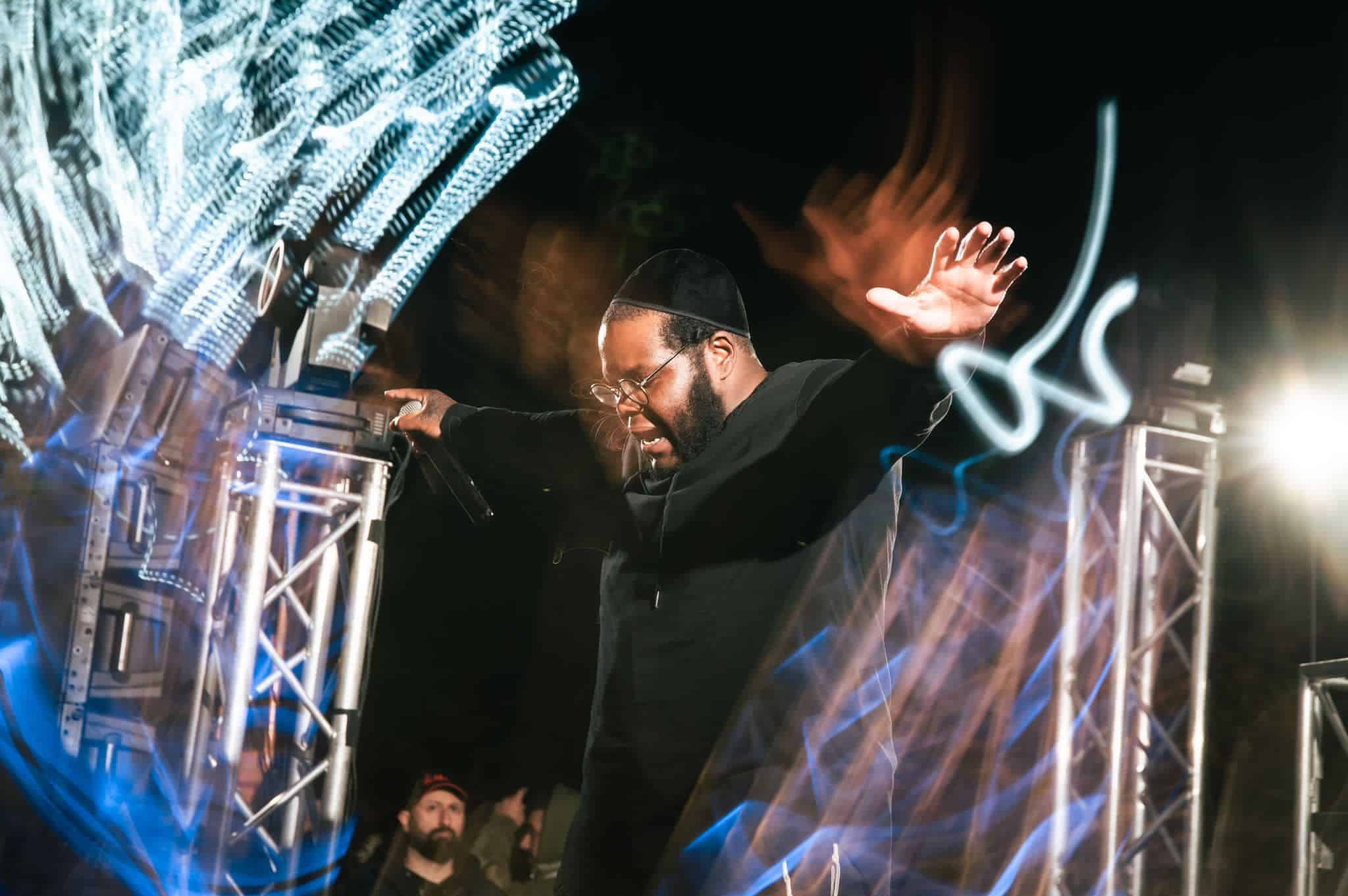“People need to understand that language matters,” said Josh Reinstein, president of the Israel Allies Foundation.
Etgar Lefkovits
(JNS)
The head of a prominent group of American Christian media broadcasters on Wednesday urged members in the association to cease using the term “West Bank” when reporting about Israel’s biblical heartland.
The announcement by the National Religious Broadcasters during their annual Christian Media Convention in Nashville, Tennessee, comes amid an intense media war of narratives in reporting about Israel as the war against Hamas in Gaza rages for a fifth month.
“NRB opposes the use of the erroneous term ‘West Bank’ to describe the biblical heartland of Israel and calls on its members to refer to the region by its historic name of Judea and Samaria,” a statement released by the organization read.
Two terminologies for the same place
The head of the Christian media group said that an educational campaign was needed for young Christians who know the ancient history of the Jewish people as recounted in the Bible but who are not as well versed in modern history.
“Words matter in how we control the conversation and the language,” said Troy Miller, president of the NRB, urging his constituents to reinforce the Jewish heritage of the land as recounted in the Bible. “Younger Christians don’t understand that the West Bank is within the biblical boundaries of Israel,” he said.
Today, about 500,000 Jews live among 3 million Palestinians in the territory, which much of the international community favors turning into a Palestinian state. A vast majority of Israelis oppose such a move, according to recent opinion polls, a view only reinforced by the Oct. 7 Hamas massacre, which saw 1,200 people, mostly civilians, killed and about 250 others abducted to Gaza.
“People need to understand that language matters,” said Josh Reinstein, president of the Israel Allies Foundation. ”Language has been taken over and held hostage,” he said, adding, “Christians don’t understand that the West Bank and Judea and Samaria are the same place.”
Seventy percent of all the biblical places are in the biblical heartland, noted Rabbi Tuly Weisz—founder of Israel365, an Orthodox Jewish institution that works with Christian supporters of Israel.
‘Biblical Heartland’ resolution
The announcement, titled the “Biblical Heartland Resolution,” notes the charged and competing claims to the Land of Israel over the centuries, dating back to the Romans renaming it “Philistia” (or the Greek Palestina) in an attempt to erase the Jewish connection to the land, up to Jordan’s renaming Judea and Samaria the West Bank during its occupation of the territory between 1948-1967.
“It’s time to step up and be honest about the definition of this land,” said Miller.
Image: The Judea and Samaria security barrier as seen from Kibbutz Meirav, with Jalbun and Jenin in the background. Photo by Doron Horowitz/Flash90.


















